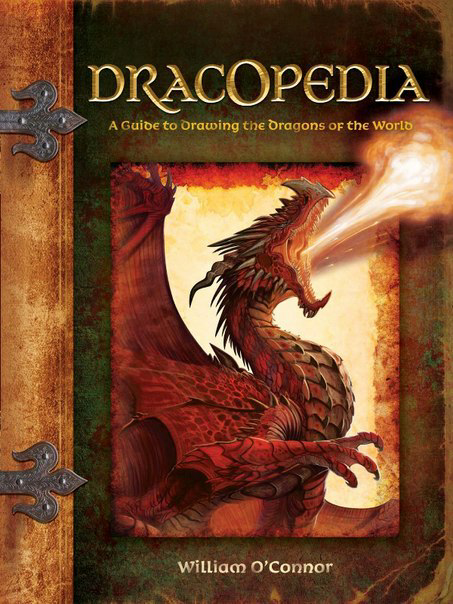"The Ultimate Guide to Wombat as a Pet: Caring for Your Unique Furry Friend"
Guide or Summary:Wombat as a Pet: The Ultimate Guide to Caring for Your Unique Furry FriendWombat as a Pet: The Ultimate Guide to Caring for Your Unique Fur……
Guide or Summary:
Wombat as a Pet: The Ultimate Guide to Caring for Your Unique Furry Friend
Wombats are fascinating creatures that have captured the hearts of many animal lovers around the world. These sturdy marsupials, native to Australia, are often overlooked as potential pets, but they can make incredibly unique companions for those willing to put in the time and effort to care for them properly. In this guide, we will explore the ins and outs of having a wombat as a pet, including their behavior, dietary needs, habitat requirements, and more.
First and foremost, it’s essential to understand that wombats are not your typical domesticated animals. They are wild creatures with specific needs and behaviors that differ significantly from those of cats or dogs. Before considering a wombat as a pet, it’s crucial to research and understand their natural habitat and lifestyle. Wombats are burrowing animals, spending much of their time underground. They are primarily nocturnal, meaning they are most active during the night. This unique behavior can pose challenges for potential pet owners who may not be accustomed to having a pet with a different daily rhythm.

When it comes to diet, wombats are herbivores, primarily feeding on grasses, roots, and shrubs. In captivity, it is vital to replicate their natural diet as closely as possible to ensure their health and well-being. A balanced diet for a pet wombat should include high-fiber food, such as hay, along with fresh vegetables and fruits in moderation. Pet owners must be mindful not to overfeed their wombats, as obesity can lead to various health issues. Regular veterinary check-ups are essential to monitor their health and adjust their diet as necessary.
Creating an appropriate habitat for your wombat is another critical aspect of pet ownership. Wombats require ample space to roam and burrow. A large, secure outdoor enclosure is ideal, as it allows them to engage in their natural behaviors. The enclosure should be well-fenced to prevent escape, as wombats are strong diggers. Additionally, providing tunnels or burrows within the enclosure will help mimic their natural environment and keep them mentally stimulated. It’s also essential to ensure that the enclosure is protected from extreme weather conditions, as wombats can be sensitive to temperature fluctuations.

Socialization is another important factor when considering a wombat as a pet. While wombats are generally solitary animals in the wild, they can form bonds with their human caregivers. Spending quality time with your wombat is crucial for building trust and ensuring they feel comfortable in their environment. However, it’s important to approach them gently and respect their boundaries, as they may become stressed if handled too much or too roughly.
Legal considerations must also be taken into account when thinking about keeping a wombat as a pet. In many regions, it is illegal to keep a wombat as a pet without a special permit or license. Before acquiring a wombat, check your local laws and regulations to ensure that you are compliant. Additionally, consider adopting from a reputable wildlife rescue or sanctuary rather than purchasing from a breeder, as this helps to support conservation efforts and provides a home for an animal in need.

In conclusion, having a wombat as a pet can be a rewarding experience for those who are prepared for the challenges and responsibilities that come with it. These unique creatures require a dedicated owner who understands their needs and can provide a suitable environment for them to thrive. By educating yourself on their behavior, dietary requirements, and habitat needs, you can create a loving home for your pet wombat. While they may not be the most conventional pet choice, the bond you can form with a wombat is truly special, making the effort worthwhile for those who are passionate about these extraordinary animals.